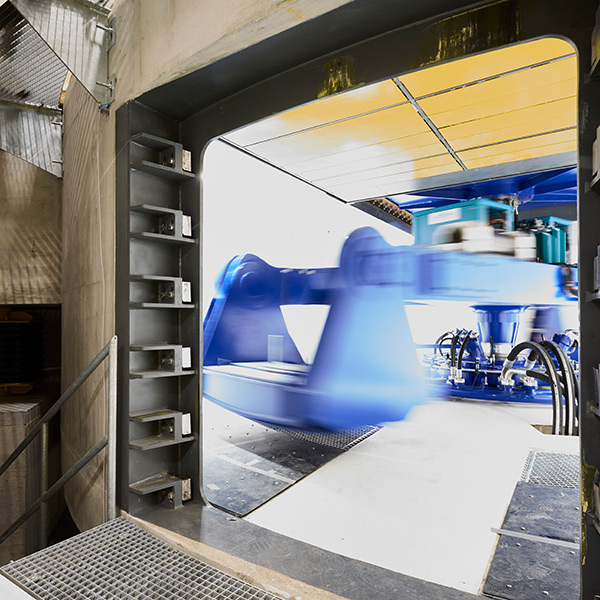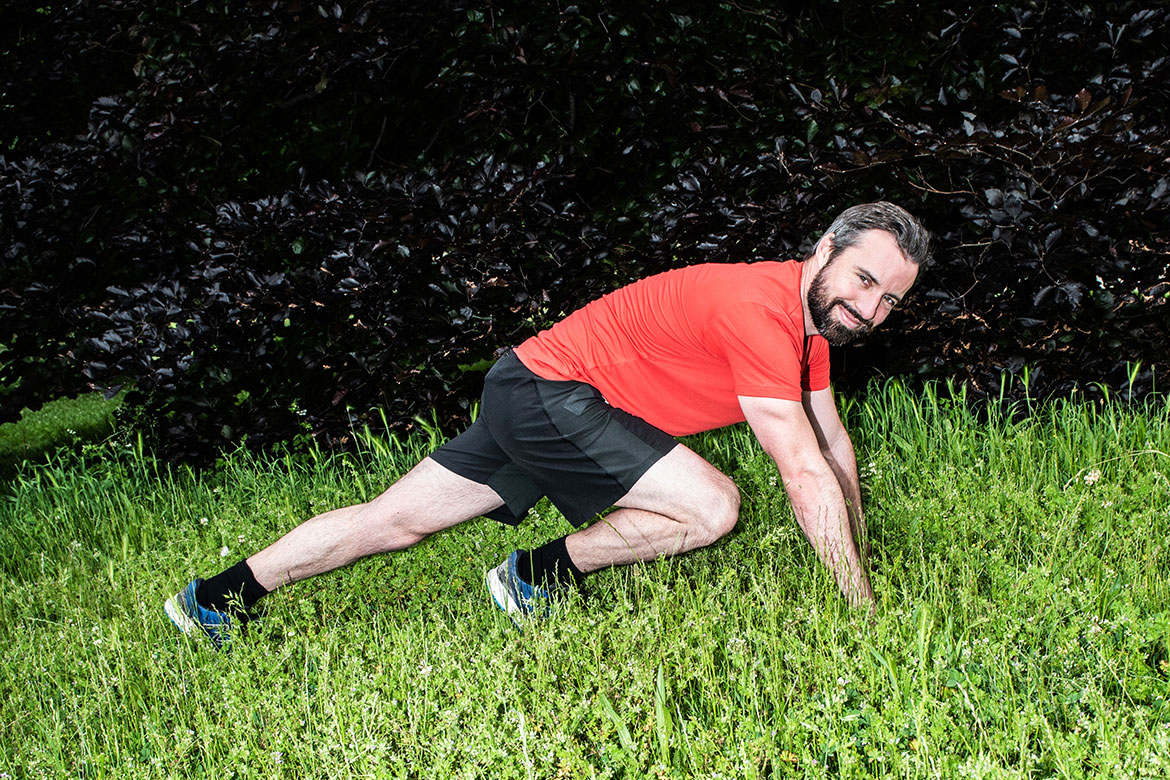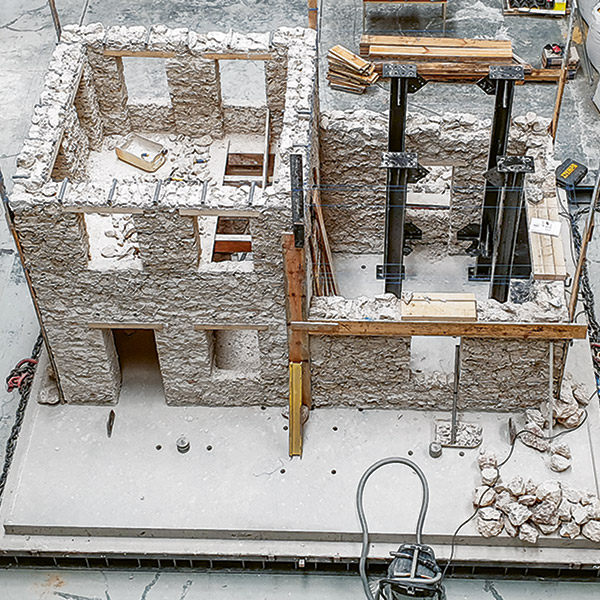Side effects of maternal antibodies on babies
The effectiveness of vaccines in babies can be reduced by the presence of maternal antibodies in the blood. A study explains why.

Inoculations are not so effective for newborns. | Image: AdobeStock/Boris Zerwann
Children are born with antibodies transmitted by their mothers during pregnancy. These proteins recognise foreign pathogens and can therefore activate the children’s immune systems even before they have been able to produce their own antibodies. The immediate protection offered is beneficial to the child, at least until children receive their first vaccines at two months of age. Maternal antibodies then have a second effect: they weaken the effectiveness of the vaccine by reducing the activity of B lymphocytes, the cells responsible for producing antibodies. Admittedly, new doses of vaccine are given to children in the following months anyway and ensure their protection. But the reasons why maternal antibodies inhibit the vaccine response are still poorly understood.
Research conducted at the University of Geneva has succeeded in partially deciphering the mechanism. “Until now, we thought that maternal antibodies prevented the activation of B cells and the formation of germinal centres, the places where activated B cells are multiplied”, explains Maria Vono, the main author of the study. But by observing the immune response of vaccinated mice, the research group has discovered that it is the next step that is missing: the phase of transformation of B lymphocytes into plasma cells, the cells that synthesise antibodies. The degree of inhibition is proportional to the number of maternal antibodies present in the child at the time of vaccination.
The researchers aim to evaluate one possible solution: using separate vaccines in mothers and offspring. “One of our objectives is to develop new vaccination strategies that can overcome inhibition and provide protection in a single dose”, explains Vono.




